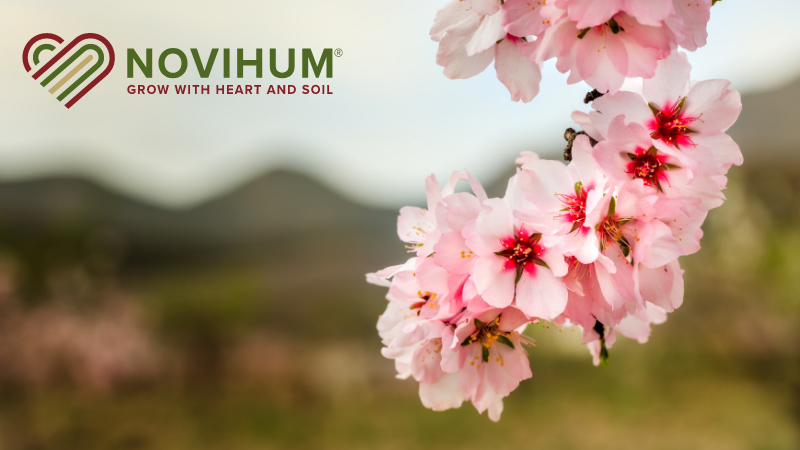Suppliers Say the Future of Fruit Growing is Automated
While the future of the tree fruit, grape, berry, and nut industries may be rosy, whispers of troubles with labor availability and costs are looming, say industry vendors.
“Labor is the biggest challenge right now,” says one Midwestern supplier.
New technology, precision agriculture, and automation are on the horizon, they say. In fact, a supplier of frost protection and precision agriculture in the Northwest says this is going to affect whole-farm operations in the very near future.
“Broader use of technology everywhere on the farm,” he predicts.
But it’s not just technology in the form of equipment. Suppliers are noticing a shift in growers’ mindset toward the total package of growing, and that includes plant health and soil nutrition.
“Growers are starting to visually see the benefits of fulvic acid and the micronutrients and how they positively affect their plants’ health and yields,” says one Midwestern fertilizer supplier.
A supplier of crop protection in the Northeast sees an “increased acceptance and incorporation of biological and biochemical products into IPM programs.”
A supplier of soil and amendments in the Northwest says growers are starting to shift the focus from just nutrition to how overall plant health influences the return on investment. In fact, growers are starting to want more bang for their buck in terms of “more value per application of nutrients.”
What Suppliers Wish Growers Knew: Tips to Help You be More Profitable:
“Use a science-based approach to tree nutrition. Really understand and utilize the 4 R’s (right fertilizer source at the right rate, at the right time, in the right place) especially the importance of formulation in foliar applications.” – A soil and amendments supplier in the Northwest
“Recognize the need and benefits of partnering with their PCA/CCA instead of price shopping everything; it’s too complicated to get good advice without a mutual agreement to work together, and prices should not be the deciding factor in purchases.” – A crop management supplier from the West
“Continue to utilize new germplasm with better disease resistance and yield potential.” – A nursery supplier from the Midwest
“Participate in more education on progressive approaches to IPM and incorporating biocontrol products into their conventional or organic production systems. The rapid development of resistance and the increasing issues with Maximum Residue Levels are only increasing, especially in export markets, and will continue to limit U.S. growers if they don’t work to address the changing environment.” – A supplier of crop protection products in the Northeast










